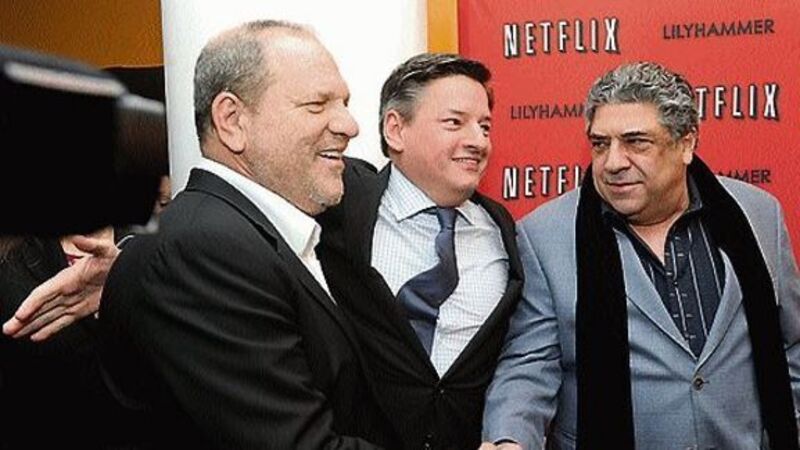The man everyone in Hollywood wants a meeting with

Ted Sarandos is the chief content officer of Netflix, and has become the single largest buyer of movies and TV series in Hollywood. The company plans to spend $3.7bn over the next five years on original programmes. Picture: Brian Snyder
TED SARANDOS is placing the future of Netflix on a single high-stakes bet: Original programming.











